News |
|
We're pleased to welcome our newest member:
Erdyn is a consulting company specialised in innovation that provides support and consultancy for European and national funding programmes proposal preparation, project management, public policy evaluation, strategic and market studies. Erdyn was founded in 1984 in Paris. Erdyn is involved in EU projects since the 5th Framework programme. For the last 10 years, Erdyn has been very actively supporting EU projects (more than 80 projects), with a highly skilled dedicated team and a high success rate. Erdyn also coordinated 2 European projects. Erdyn is involved in EU projects as a partner or subcontractor, supporting project management, communication and exploitation studies (market analysis, competitiveness monitoring, technical-economic analysis, IP support…) The main services they offer:
View our full list of members here.
0 Comments
Artificial Intelligence, Data Spaces, Cloud, Cybersecurity and Digital Skills: projects in these areas should be on the alert for this year’s new round of Digital Europe programme calls. This newly created EU funding programme for 2021-2027 supports investments in five crucial areas: supercomputing, artificial intelligence, cybersecurity, advanced digital skills and deployment of digital technologies. The objective is to bridge the gap between digital technology research and market deployment, as well as continuing the initiatives started under previous programmes such as Horizon 2020 and the Connecting Europe Facility. With a planned overall budget of €7.5 billion - €1.8 billion of which is already advanced through its first-two-year plan - the Digital Europe programme has a different approach than other centrally managed EU funding programmes: it aims to build strategic digital capacities at EU level, ensuring a wide geographical impact and going beyond supporting smaller investments in individual countries. What is funded? Looking into the programme’s objectives, four are focused on building capacities in key technological areas:
Approach and financing A common approach for different initiatives under the programme is to support, at first, one project that will define the governance mechanism, roadmap and requirements, and then deployment follows either through grant schemes or procurement, or using a combination of both. As a general rule, the Digital Europe programme ensures 50% of the co-financing for the investments, thus safeguarding the commitment of the funding recipients and the Member States where the investments are deployed. The remaining 50% can come from other EU funding sources, such as Horizon Europe for research and innovation, the Connecting Europe Facility for digital infrastructure, the Recovery and Resilience Facility and the Structural Funds. In common with other central programmes and supporting the wide EU impact, large consortia are expected to prepare and submit projects under this programme. The consortia must target different stakeholders in different areas and ensure a balanced approach in terms of responsibilities and ownership of the results. European Digital Innovation Hubs Although part of the deployment objective, the European Digital Innovation Hubs can be treated as a stand-alone objective with their ambitious approach to develop a European Network. These hubs are key to bringing the technology and knowledge to the SMEs and public administrations delivering a quadruple set of services by:
Success factors Key factors contributing to a successful application include:
What comes next? Although the programme started later than expected, the first round of calls closed in February this year and mainly supported preparatory actions for different initiatives. The 2nd round of calls is now open and focuses on the actual deployment of digital capacities. The next work programme for 2023-2024/2025 is anticipated to offer a clear view on the approach and focus areas to be supported building on the results of these first calls. How can we help? Europe is only now developing its expertise in effectively leveraging the Digital Europe Programme. Being able to offer early intel on the project concepts, the stakeholders involved and the possibilities this programme offers has become one of our core strengths. We can support your team in building your submission and help connect your projects with relevant stakeholders. Article courtesy of EAIC member Schuman Associates, read the original article here Important Projects of Common European Interest – IPCEIs – are considered one of the tools Europe can use to reach strategic autonomy in key industries. These projects represent a collective effort to build up entire European value chains. Considering the different realities across Member States, building an IPCEI is an impressive work of reaching a common ground in identifying objectives, targets and projects that answer to the most stringent common problems in Europe today. The large number of stakeholders involved in building an IPCEI – governments, industry, academia - is one of the main reasons the process usually takes more than one year. What makes an IPCEI different than other funding programs?State aid support for projects put forth by industry has a long history in Europe. Each country has designed its own support mechanisms to address specific market failures and incentivize their economies. In addition, programs managed in Brussels offer significant funding to very early-stage research that could benefit all Europeans. In this context, why are IPCEIs necessary? The EU funding landscape is known for working in silos. Member States offer funding to projects developed on their own territories, even if it might replicate a project already implemented beyond its borders. Centrally managed programs offer support for research but stops short of funding technology deployments. IPCEIs support projects with a strong research component that is further developed up to first industrial deployment. IPCEIs lend a hand to emerging technologies and products throughout the entire product development cycle – from research to piloting and first-in-kind products. In short, IPCEIs go beyond the scope of both centrally-managed or national research support programs today. In addition, IPCEIs do not target the industry of a single Member State and they’re impact is not limited to a single national territory. On the contrary, a minimum of four Member States need to join forces to build an IPCEI. The most recent IPCEI on Microelectronics II saw 22 countries collaborating to solve the chips and microelectronics shortage. IPCEIs reach across borders, reduce the risk of having redundant projects happening in parallel in several Member States and encourage synergies across ecosystems. A typical national research support program can offer up to 40 MEUR depending on the type of research conducted without having to notify the aid to the European Commission. The aid intensity also depends on the type of research activities involved. IPCEIs have no maximum threshold for the aid or aid intensity that can be awarded. The grant offered is individually calculated based on the financial needs of each project, meaning that the riskiest projects can obtain up to 100% financing. The typical grant offered hovers around 100 MEUR, well above what national programs offer. Lessons learned - building a successful IPCEI projectAs IPCEI popularity grows, so does the competition between projects submitted for support. The most recent calls for projects for hydrogen and microelectronics saw hundreds of projects submitted to Member States. Besides the technical criteria used to evaluate the projects, a few other factors play an important role: Start early There are several stages to the IPCEI process. The first ones might not seem very complicated but you are laying the groundwork for the full proposal you will be asked to develop. The clearer the picture you build from the very beginning, the smoother the process will run and the higher the chances of success. Build internal buy-in Make sure all key personnel is aware of what the IPCEIs are and are committed to building your project. Get management support but build a strong operational team as well, covering technical, financial and legal aspects. Having all the needed staff involved early on saves time and avoids the need to re-do work later. Engage with participants No IPCEI project is developed as a stand-alone investment. In fact, being able to prove the project benefits other companies, industries and use cases is one of the IPCEI key requirements. Start engaging within your industry at EU level early on to find synergies with other projects. How can we help?Europe is only now developing its expertise in successfully using IPCEIs. Being able to offer early intel on the process, the stakeholders involved and the possibilities IPCEIs offer has become one of our core strengths. EAIC members can support your team in building an IPCEI submission and help connect your projects with relevant stakeholders. EAIC developed a report on Next Generation EU and the National recovery and resilience plans around the EU. The report includes an overview on the status of IPCEIs per sector across EU member States. You can download the report here. Article courtesy of EAIC member Schuman Associates We're pleased to welcome two of our newest members:
VVA DEBT & GRANT SRL is a company of corporate financial advisory service that provides screening of grant opportunities and innovative financial alternatives to support businesses growth plans. The services they offer:
EVM defines itself as an entity with a "spirit of change", which designs and executes its projects from the commitment to provide value and generate impact on the welfare of people, making this premise the basis of their relationships. Since its inception in 2008, EVM did not want to be a common company. The majority of the work team that began this journey was formed by people with experience in public administration who decided to bet for a change of the public from the private. Their main capacities and services are:
1 year after the start of Horizon Europe: let's debate about how to address the challenges posed by the new template for collaborative calls!
When? Thursday 28 April from 14h to 16h CET By whom? this event is organised at the initiative of EAIC member Bor&Bar For whom? This workshop is reserved to EAIC members. Interested? contact us sending a mail to info@eaic.eu Research and Innovation Partnerships: a key component of a successful EU positioning strategy17/3/2022 European Research and Innovation Partnerships play an essential role in defining research and priorities in strategic areas of interest to the EU. Understanding the landscape of partnerships may allow you to make a difference better position your company and increase your participation to R&I public funded projects that will help develop future innovative products and services in your sector. 20 years of European Research and Innovation Partnerships Since the years 2000 with the European Research Area (ERA) policy priority launched in the frame of the Lisbon agenda, various types of research and innovation partnerships have been set up in the EU. The first reason was the need to better coordinate research priorities among member states. It would help to improve cost efficiency form scarce public funding for research across Europe by reducing overlaps and competition among member states and favour cooperation. The other objective was to strengthen the cooperation between the public and private sector in defining and funding key priorities for research in Europe. The first type of partnerships in the frame of FP6 (2000-2006) were called ERA-NETs, they foresaw that a number of member states agreed to co-fund together common projects. The scheme further developed under FP7 (2007-2014) as ERA-NET Plus, the EC completed transnational calls with European Union funding. During FP7 other types of public-private partnerships were created such as Joint Undertakings (JU), Joint Technology Initiatives (JTI) and contractual Public-Private Partnerships (cPPP) where the industry was directly involved in the definition of priorities. All these various forms of partnerships further expanded during H2020 (2014-2020). The difficulty in that period was that there were too many partnerships of too many types which made it unmanageable to follow them all. This situation has led to the rationalisation of partnerships under Horizon Europe. 3 types of Research and Innovation Partnerships under Horizon Europe For the period 2021-2027, it has been decided to set 3 types of Partnerships:
European R&I Partnerships absorb 50% of Horizon Europe Pillar 2 Budget There are 49 partnerships foreseen during the Horizon Europe period, the picture below shows which partnership are foreseen under each pillar or cluster of Horizon Europe and the type chosen for each of the 49 candidates. The partnerships are expected to be largely (co-)financed by the pillar 2 of Horizon Europe, it represents about 50% of pillar 2, this is approximately €26bn euros over 7 years. We can see that a majority of health (Cluster 1) and food or bio-economy (Cluster 6) related partnerships are of co-fund nature, while industry related or mobility related partnerships are co-programmed or institutionalised partnerships.
The negotiation of the reform of partnership took some time and the delay to launch Horizon Europe impacted their start. Co-programmed partnerships (E.g. Made in Europe or Zero-emission Road transport partnerships) are in most cases already operational, and the calls can already be identified in Horizon Europe calls. Most of institutionalised partnerships have not started yet to launch calls, there are few exceptions: the Clean Hydrogen partnership has already opened two calls. Co-fund partnerships are expected to be operational in 2022. Why are Partnerships important for the European industry? On the one hand a large part of the budget of Pillar 2 are funding research priorities defined within the frame of partnerships. Pillar 2 represents more than 50% of Horizon Europe, hence partnerships canalise one quarter of the whole Horizon Europe Budget. On the other hand Partnerships gather the public and private sector to define priorities for research and innovation together. For companies willing to play a strategic role in the development of future innovative solutions and products they are essential to position themselves among other EU actors and develop the innovations of the future in specific sectors. For instance, a start-up or a university working on the development of future generation of clean batteries should follow closely the co-programmed partnership on batteries where there is a working group specifically focusing on this type of innovations. They will be potentially able to influence future calls for clean batteries. Finally partnerships are an ideal place to develop your network of peers in Europe and find potential partners to prepare together proposals under Horizon Europe, and make business. Indeed, the best universities, research centres and companies in Europe are usually active in their respective partnerships of interest. If you want to maximise your chances and if you have some budget you may become a member, it will require that you pay a membership fee to support the EU association which is running the partnership (usually this is the case for institutionalised and co-programmed partnership) and that you invest some time to influence calls and networks with other organisations. If you don’t have (yet) the budget, you can review who the members of the partnership are and contact them to propose your company as partner for a proposal. Get professional support to position your company The landscape of R&I partnership is complex, fortunately there has been some rationalisation under Horizon Europe, allowing to give more clarity, transparency and openness on the topic. European Innovation Consultants are experts in various sectors and may help you to develop a positioning strategy in the areas that are important to you and help you increase your participation in EU projects. You can find the list of our members and the services they offer here. Today the European Association of Innovation Consultants (EAIC) launches its regular newsletter. Once every two months, our subscribers will receive a briefing with the main analyses we publish on our website, information about our members and the services they offer. We will also share an overview of future European innovation ecosystem events (both online and offline).
Our analyses explain funding opportunities for organizations throughout Europe, offer recommendations for both policy makers and potential beneficiaries and present different calls for proposals. Our members offer project management & grant writing services for innovative organizations on all major European funding opportunities Subscribe here. We're pleased to welcome two of our newest members:
Sistem VVE is a small, dynamic consultancy team, based in Slovenia, with 15+ years experience in structural and cohesion funds, H2020 and Horizon Europe. Sistem VVE is specialized in attaining grants and other favourable finance sources for research and development as well as other investment projects of SME’s. H2020 has been their key focus in recent years. Schuman Associates is a leading public affairs and public sector funding business advisory firm in Brussels. With over 30 years’ experience, their reputation is built on clients’ success and trust. Their expertise is in impacting policy, unlocking funds and winning business for their clients. By understanding client’s needs, they propose solutions to effectively engage with the dynamic EU and multilateral donor funding business environment. Schuman Associates offer end-to-end services, from intelligence gathering and analysis to policy engagement, project management and bid writing. View our full list of members here. Today the European Association of Innovation Consultants (EAIC) releases the 1st update of its Next Generation (NGEU) guide including information on open or planned national calls for projects in the frame of National Recovery and Resilience Plans, the guide covers 25 EU member States.
Today it is the most complete report available at EU level which gathers updated, synthetic information in English on the content of the National Recovery Plans in so many countries. The updated version published today includes the same information as the earlier version released in July 2021 but now also includes information on open and planned calls at national level and has extended the section related with IPCEIs in which the reader will find the status of each initiative in the different countries. The EAIC has created this guide to inform the European industry how these stimulus measures are being deployed in Member States, as well as the existing synergies among them (priorities, instruments and countries). This aims to share synthetic information on the Next Generation EU funds in terms of governance, type of investments and reforms. Initially released in July 2021, EAIC’s guide 1st update now covers 25 countries, it has been developed with the support of 13 EAIC members active in these countries. We aim to update it quarterly and keep increasing the content with new relevant sections. Interested to know more about the National Recovery plan in your country? Our members can support you to find the best opportunities according to your interests or strategy in the different markets you are interested in. Don’t hesitate to contact us writing to info@eaic.eu if you want to receive more information how our members can help you. Click here to download the guide. We're pleased to welcome three of our newest members:
FV Conseil Innovation is an independent consulting firm, based in Paris & Nantes in France that supports startups and SMEs in their search for national and European R&D funding, which include a range of services related to the preparation of successful applications to a number of identified, mostly highly competitive, funding programmes. FV Conseil Innovation has a broad experience of several years of setting up and managing Research & Innovation projects, especially within European SME-dedicated programmes, such as the EIC Accelerator and Eurostars. Their clients benefit from the combination of the industry expertise and consulting methodology, which is part of a global and long-term approach, throughout the entire life cycle of innovation projects. ABF DECISIONS, as a forerunner in operational consulting in territorial aid, their global vision of the public financing environment, unique approach on the national/European territory and the quality of the support have made them a well-known and recognised player in the public financing consulting. With their multi-sectoral expertise, ABF DECISIONS intervene on the 3 levers of client`s development: Innovation, Investment and International. GrantXpert Consulting is a Cypriot-based SME, with a cumulative expertise of more than 25 years in European and National funding programmes. The team has a proven, core expertise in providing training and consulting services to local and EU organisations, with a rich track-record. The team’s mission is to deliver solutions, stemming from multidisciplinary strategic partnership on an EU level, tackling new European societal, digital & green challenges. The overall vision, is to change and improve EU citizens’ life by implementing EU funded programmes, and maximising their overall impact. View our full list of members here. 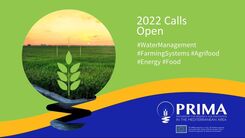 On January 17th PRIMA “Partnership for Research and Innovation in the Mediterranean Area”, presented the 5th Annual Work Programme (AWP 2022) - out of seven foreseen - that will contribute to the achievement of PRIMA general objectives in making the Mediterranean Region more efficient and climate-resilient. The Work Programme 2022 foresees an investment of approximately €123M and responds to some of the most crucial challenges in the Mediterranean Region. Climate changes are affecting this zone and represent a risk for the future generation, ecosystems and biodiversity. PRIMA - the ten-year initiative (2018-2028), partly founded by EU’s research and innovation programme Horizon 2020 – promotes R&I activities to foster production and consumption practices, respecting the people and the environment. PRIMA is a joint initiative of 11 EU Member States (Croatia, Cyprus, France, Germany, Greece, Italy, Luxembourg, Malta, Portugal, Slovenia and Spain), and 8 Participating States - Mediterranean Partner Countries (Israel, Tunisia, Turkey, Algeria, Egypt, Jordan, Lebanon and Morocco). The final aim of PRIMA programme is to contribute to solve water scarcity, food security, nutrition, health, well-being and migration problems. The Strategic Research and Innovation Agenda (SRIA) developed by PRIMA Participant States represents the strong point of the partnership, aligning research national programmes, thus financial and intellectual resources. PRIMA will strongly contribute to support the Mediterranean economy, creating a healthy and sustainable society. 2022 PRIMA calls for proposals will contribute to achieve several objectives stated in the 2030 UN Agenda of Sustainable Development and Paris Agreement, including some EU priorities - EU Farm to Fork Strategy, Zero Pollution Action Plan and EU Water Framework Directive – all responding to PRIMA 2022 guidelines: to promote affordable, healthy and environmentally-friendly food systems, to create an enabling environment for improving soil’s management sustainability and prevent land degradation, to promote nature-based solutions to increase the sustainability of water management, to foster the adoption of an integrated Nexus approach of water, energy, food, ecosystems (WEFE Nexus) to enhance sustainable use of natural resources to achieve sustainable development goals under the UN Agenda 2030 in the region, to prevent water pollution from improving water quality and protecting water-related ecosystems. The 2022 AWP consists of 3 sections and a call for prize: Section 1, directly funded by PRIMA, according to the Horizon 2020 rules, following Transnational calls organised by PRIMA-IS, consists of five separate calls divided in 5 topics (one call per topic):
The proposals have been launched in a two-stage submission process with deadline for Stage 1 fixed to next 15th March and for Stage 2 to September 06th 2022. PRIMA WEFE NEXUS AWARD 2022: a monetary recognition prize to promote scientific research and demonstrating the economic and social benefits of the Water Energy Food and Ecosystem (WEFE) Nexus in the Mediterranean Area. Section 2, indirect actions funded by PRIMA Participating States following transnational calls organised by PRIMA-IS, presents one multi-topic with 3 topics:
There is a total of three Innovation Actions (IAs), four Research and Innovation Actions (RIAs), and a Coordination and Support Action (CSA). Approximately thirty projects will be funded. Countries eligible for funding are the aforementioned PRIMA EU participating States, including the Overseas Countries and Territories (OCT) linked to these Member States, Israel, Tunisia and Turkey (third-countries associated to Horizon 2020) and Algeria, Egypt, Jordan, Lebanon and Morocco as third-countries, not associated to Horizon 2020, having concluded international agreements for scientific and technological cooperation setting out the terms and conditions of their participation in PRIMA. Furthermore, any legal entity created under the European Union law and any international European interest organisation (as defined in point (12) of Article 2(1) of Regulation (EU) No 1290/2013), any international organisation (IO) or any legal entity established in countries not listed above as Participating State, may be eligible for funding provided that: i) participation is deemed to be essential for carrying out the action or ii) such funding is provided under a bilateral scientific and technological agreement or any other arrangement between the Union and the international organisation or, for entities established in a country which is not a Participating State, the country in which the legal entity is established. Consortia must include at least three legal entities established in three different Participating States: at least one must be established in an EU Member State participating to PRIMA; at least one must be established in a Non-EU countries participating to PRIMA. Proposals must be submitted in the electronic submission system on the ANR Platform active one month before the deadline. Consortia are strongly encouraged to apply the Multi-Actor Approach (MAA) and to include capacity-development-activity, involving different actors: individual, organization and communities. They are also encouraged to actively seek synergies with local, regional, national and EU R&I programmes. Section 3 includes calls for proposals directly funded by PRIMA, following national calls with evaluation, selection and granting processes implemented by one or several PS in line with common principles, that must be adopted by PRIMA-IS after obtaining approval from the Commission. For more information, please visit: https://prima-med.org/ Article courtesy of EAIC member enco This position paper summarises the opinion of the EAIC (European Association of Innovation Consultants). EAIC comprises 50 members present in 26 European Countries, supporting around 40% of all the companies awarded EIC Accelerator funding in 2021.
Europe decided to take decisive steps to achieve digital sovereignty by improving the key digital infrastructures and its digital capacities. This includes the deployment of digital technologies, as well as the necessary digital skills for EU workforce. The Digital Europe Programme has been designed to provide support to digital transformation of the economy and to contribute to the achievement of the digital targets, as outlined in the communication: "2030 Digital Compass: the European way for the Digital Decade". Establishing a genuine single market for data and the use of digital technologies to reinforce Europe’s common climate and environmental goals are key objectives. The Programme will be focusing on the key areas of artificial intelligence (AI), cybersecurity, advanced computing, data infrastructures, data governance and processing, using these technologies within sectors like energy climate change and environment, manufacturing, agriculture and health. In the first three years of the Digital Europe Programme, a network of European Digital Innovation Hubs (EDIH) will be created, covering all regions of the European Union and Associated Countries being also open for collaboration with third countries. EDIH is a single entity or a coordinated group of entities with complementary expertise and a not-for-profit objective to support on a large scale the digital transformation of (1) companies, especially SMEs and small mid-caps, and/or (2) public sector organisations at all levels conducting non-economic activities. Offering access to technology testing before investing, training and skills development, support to find investments, networking and access to innovation ecosystems, EDIHs will be an important tool supporting the twin (green and digital) transitions. The proposed Policy Programme: a Path to the Digital Decade - factsheet | Shaping Europe’s digital future (europa.eu) has identified specific goals to be met such as raising the basic digital of adults from current 56% to 80%; increase the number of employed ICT specialists from 8,4 mil to 20 mil; introducing Gigabite network coverage of housholds from 59% to 100% as well as 5G coverage of all populated areas from 14% to 100%; increasing the EU production of semiconductors, including processors up to 20% of the world production from the current 10%. In terms of digital transformation of businesses, it is expected that cloud computing services would be used at level od 75%, as well as Big data and AI. The number of unicorn startups in Europe is supposed to double reaching the number of 224. A share of SMEs with, at least, a basic level of digital intensity is set to reach 90% from the current 60%, while overall online access to key public services is supposed to be delivered to all citizens and businesses. A special support will be given to local SMEs, providing them with opportunities to connect to SMEs outside the region building new value chains in Europe. On top of it, SMEs would benefit in better understanding of the potential of their innovations and market maturity. EDIH would be also a great tool for investors looking for investment opportunities, for corporates looking for innovative digital solutions and for potential clients and customers, both public and private sectors. In the first two years of the programme implementation, there will be four independent Work Programmes. The first one will be implementing the network of European Digital Innovation Hubs, while other three Work Programmes will be devoted to the following intervention areas: 1) High Performance Computing; 2) Data, AI, Cloud, Quantum Communication Infrastructure, advanced digital Skills and deployment activities for the best use of these technologies. 3) Cybersecurity. The selection of the EDIHs will follow a two-step process: first, an Expression of Interest will request Member States to designate potential EDIHs through a national process, and secondly the European Commission will launch two restricted calls for proposals in which only designated potential EDIHs are eligible to participate, which would allow the EDIHs who did not manage to succeed at the first instance to reapply a second time. Article courtesy of EAIC member ID Consortium We're pleased to welcome three of our newest members:
Konnekto (Belgium) supports organisations with subsidy consultancy and writing high-quality proposals for regional, national and European subsidy applications. Konnekto has expertise in several domains such as AI, Blockchain, Health tech, circular economy etc. Their main customers are SMEs and large companies. Konnekto has a broad network within the public sector and encourages cooperation with universities and other knowledge/industry partners. enco (Italy) is specialised in consulting services, aimed at helping companies in transforming innovative ideas into successful projects. ENCO supports the consortium in the proposal writing and submission. Furthermore, ENCO participates in national and international R&D&I projects, acting as exploitation and innovation manager, responsible for the development of market analysis, business plan, innovation management plan, IPR, exploitation – dissemination and communication plan and strategies. Iceberg plus (Romania) has over 10 years of experience in project writing and implementation. They have four main working areas such as Funding and Project Management, Strategies & Innovation, Training & E-learning and Assistance in the Public Governance System. Innovation is the heart of Iceberg's culture. View our full list of members here. Consultants play an important role in applying for European funding. Often, the funding programmes happen to be so specific that it is difficult for potential applicants to deal with all the aspects, from formalities such as entering data into portals, to interpreting the guidelines correctly. Nevertheless, some European Executive Agencies are skeptical when it comes to consultants. This is partly because of certain prejudices. An “advisor” is not a protected professional title like a “notary” or an “auditor.” Anyone can call themself a consultant, and therefore, it’s possible to encounter underqualified professional or even an imposter who has very little in common with the qualifications and expertise of the reputable consultants. Those consultants sometimes charge exaggerated fees for their services that lack expertise and knowledge. By doing so, those few pretenders create a bias toward the consultancy services and consultants in general. Qualified consultants work under umbrella organizations, such as the EAIC, which apply strict standards through specific criteria set (see EAIC’s Code of Conduct for mor details). In most cases, they also work with a success component when it comes to producing applications and share some of their clients' risk. Many NCPs are in direct contact with consultants, which means that knowledge is shared in both directions. Client companies benefit from this collaboration, being provided with the latest information. Companies that hire consultants to apply for funding benefit from being relieved of the burden of time-consuming technicalities during the proposal preparation and application processes, receiving the necessary expertise externally. Consultants provide added-value to their clients but to executive agencies as well. They act as multipliers, enabling more companies to apply for funding, rather than relying solely on the results of the executive agencies’ communication activities. In addition, consultants also help filtering out the best projects as they usually support promising projects that have the most potential to succeed. This prevents the flood of irrelevant or inappropriate applications making it easier for executive agencies, which therefore can be more efficient focusing their time and energy to the most promising proposals. Therefore, a dynamic collaboration between the EU Executive Agencies and consultants should be strongly encouraged for the mutual gains. Developing well-established partnership in those terms would certainly benefit all stakeholders and increase Europe’s global competitiveness. Article courtesy of EAIC member Dorucon EAIC members gathered last week, in Brussels, for the first ever in-person meeting held by the European Association of Innovation Consultants. Members of the Association met on the 23rd of November for a full day of workshops: 40 participants came to Brussels and over 20 others connected online to the various sessions organised by the Association.
The purpose of the meeting was to invite EAIC members to co-create and prepare the Association's action plan for next year. For the past 2 years, meetings were held online, mainly because of the sanitary crisis, but it was time for a physical meeting to be held to allow for more fruitful discussions and to provide the possibility for members to meet. The meeting was held the day prior to the EIC Summit, attended by many EAIC members. The EIC Accelerator has been a focal point of attention of the association for over the past year, and hence, it was the ideal time to organise this gathering. Opening the event, Pekka Koponen, President of the EAIC, recalled some of the Association's most important achievements over the past 2 years, such as: the promotion of a Manifesto on professional project management, the adoption of a code of conduct, a constructive dialogue established with the EIC, the publication of our collective NGEU guide, strong visibility of the Association thanks to dynamic communication, the hiring of a Secretary General, Marie Latour, since October. Diego Soro, EAIC Board Member, presented the current membership structure and the objectives for growth for next year to ensure presence in all EU Member States; EAIC members are currently present in 25 European countries, of which 18 are EU Member States. Yiannis Geragotellis presented the results of an internal survey on new initiatives and project collaboration. 7 parallel sessions were held, in line with most of the EAIC’s active working groups, each of these led by one or several board members:
Each working group defined its objectives, a work plan, various KPIs and their budget for next year. In the final and closing session, all the leaders of the working groups presented the progress made and reported what had been discussed in the parallel sessions. The complete and consolidated action plan will be presented to all members of the Association in the beginning of January 2022, in the monthly members' meeting. It was a very productive gathering and networking was encouraged among members, who were able to share their experiences and concerns. Romania and Bulgaria are the only ”modest innovators” in the European Union, based on the 2020 European Innovation Scoreboard. They are followed by a batch of moderate innovators that are also ”led” by Central and Eastern European countries: Croatia, Poland, Latvia, Hungary, Slovakia, Greece and Lithuania.
|
Categories
All
Archives
April 2024
|


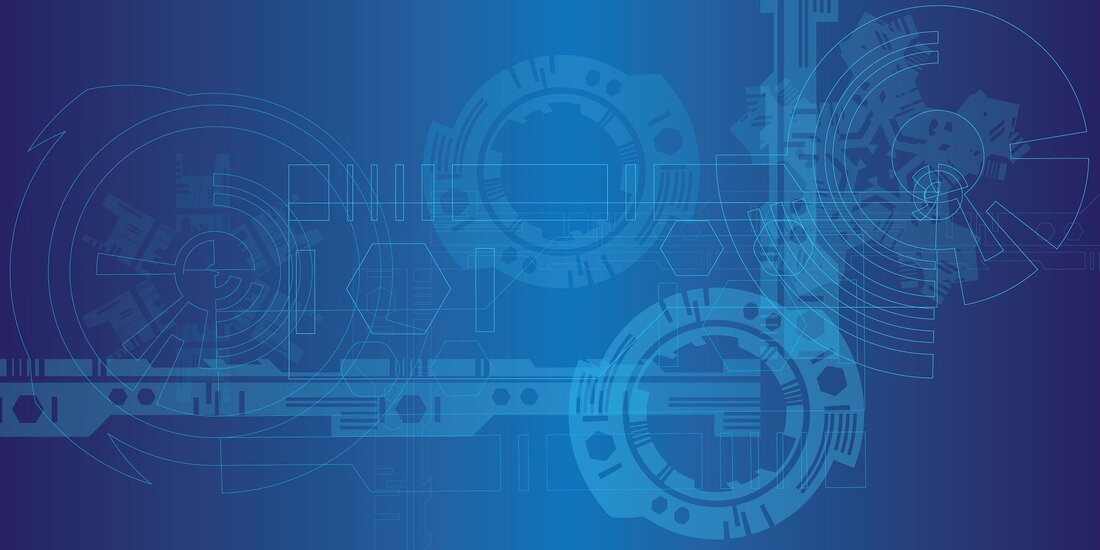
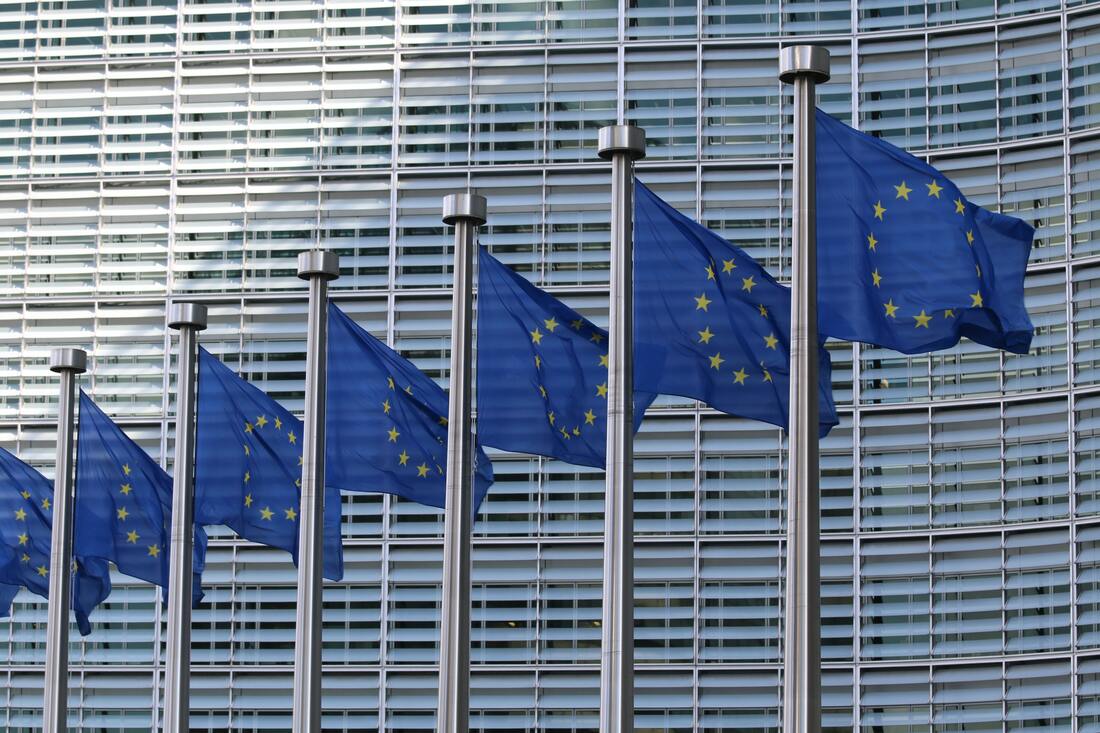
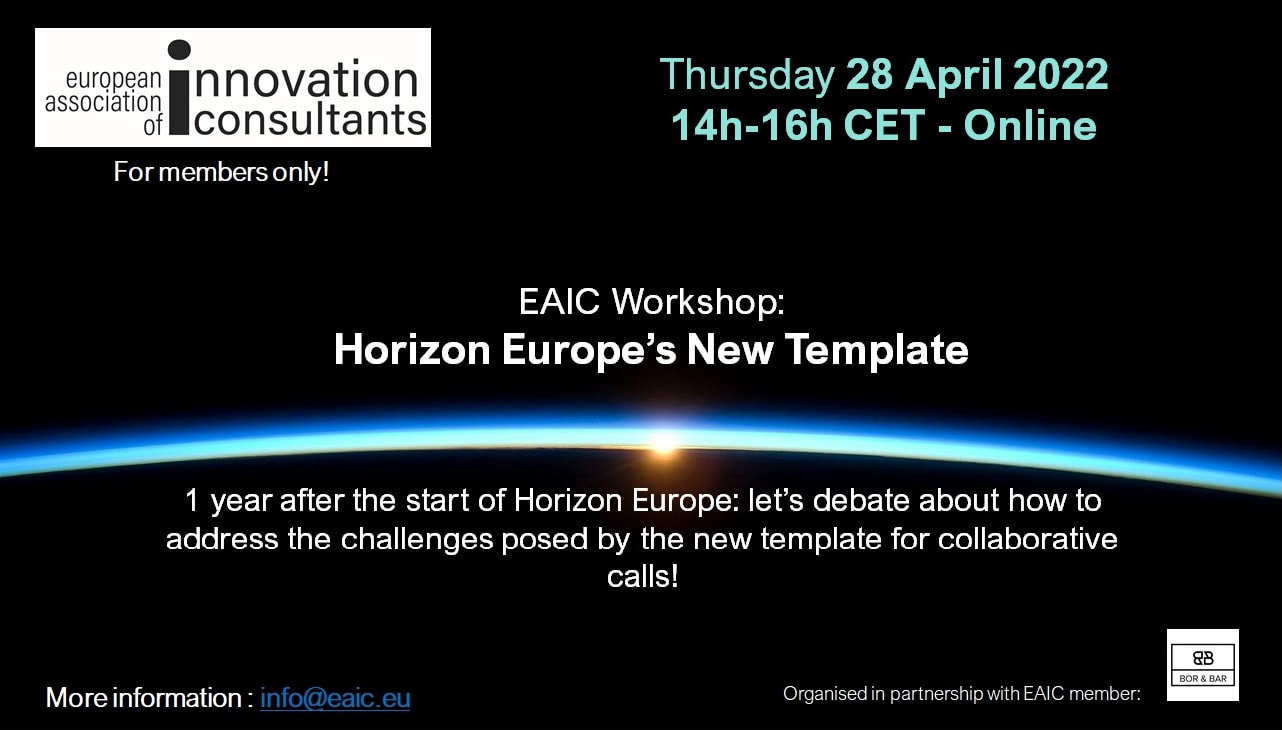
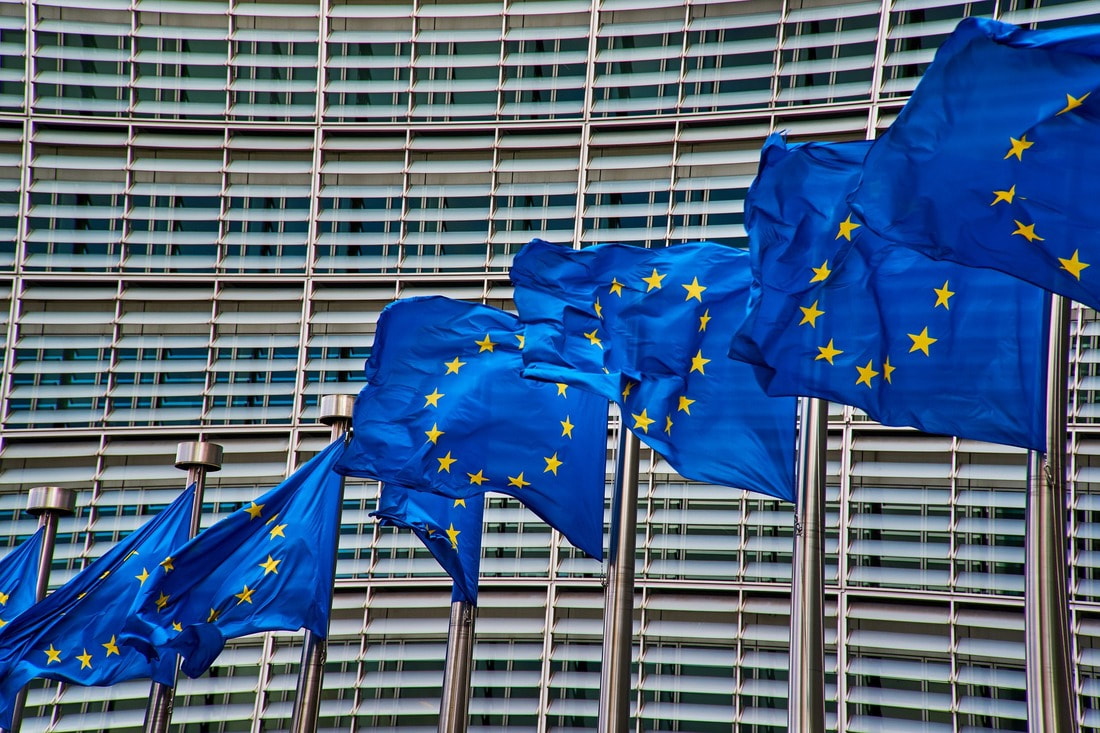


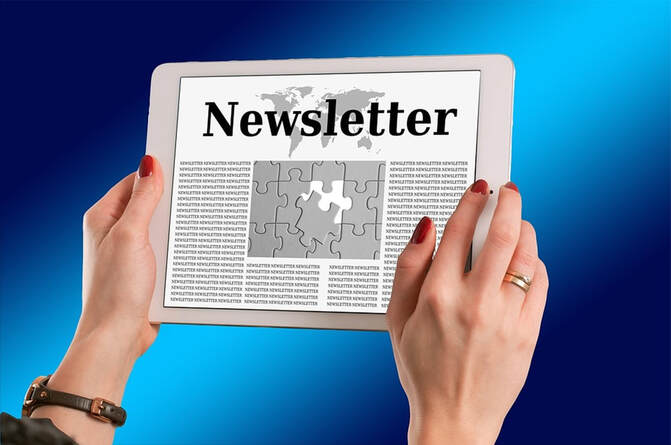



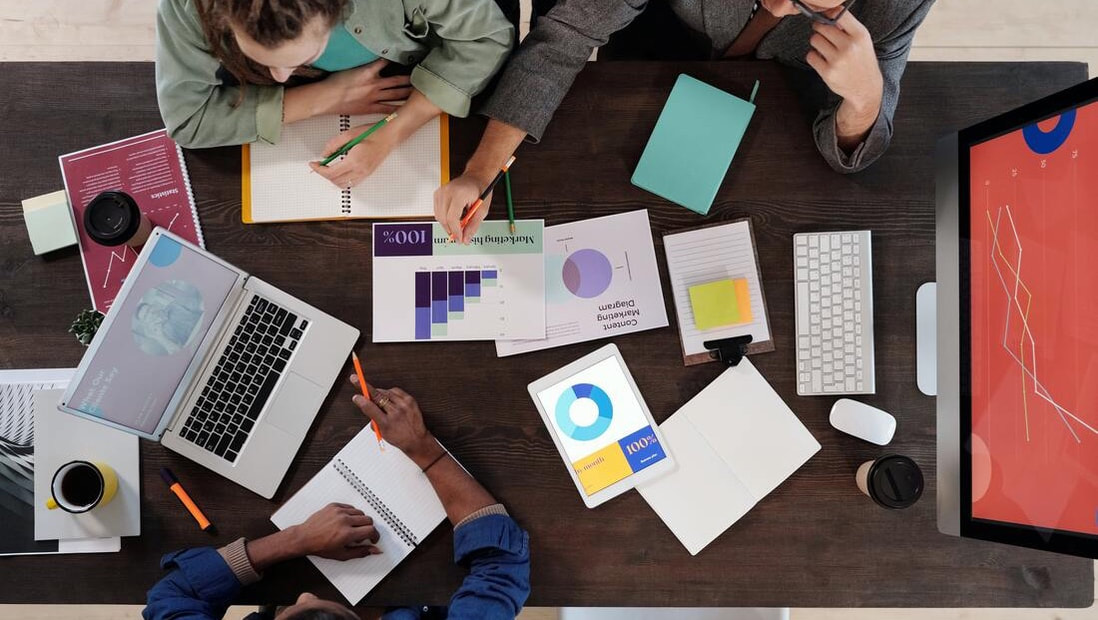
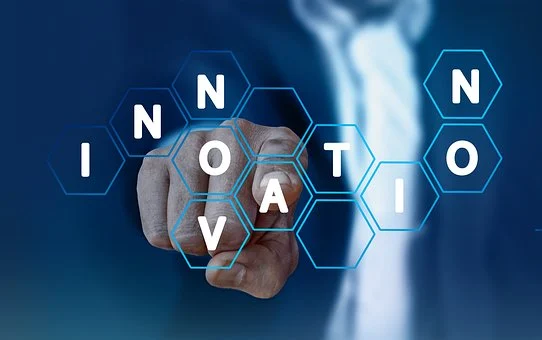


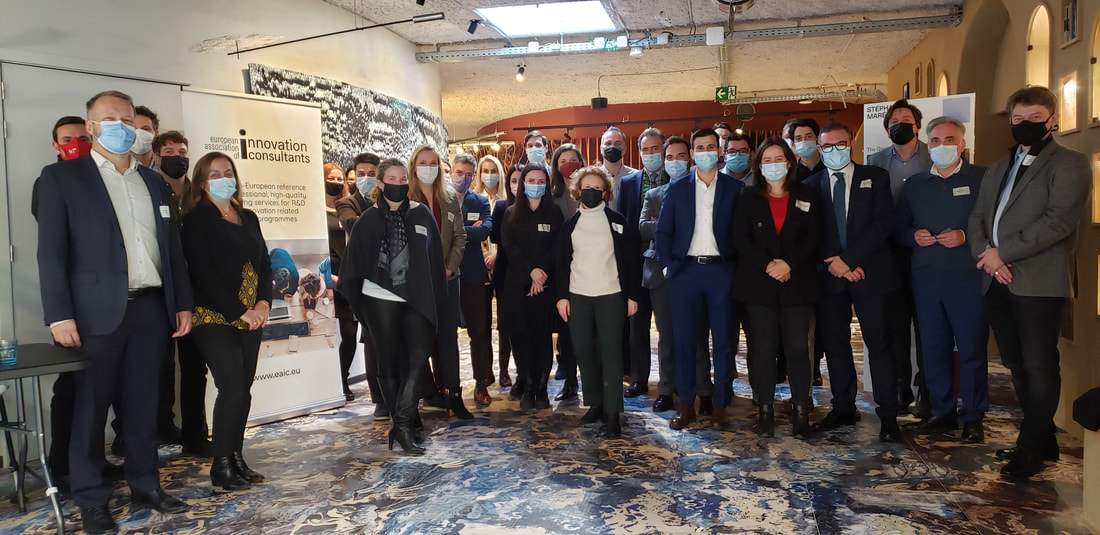
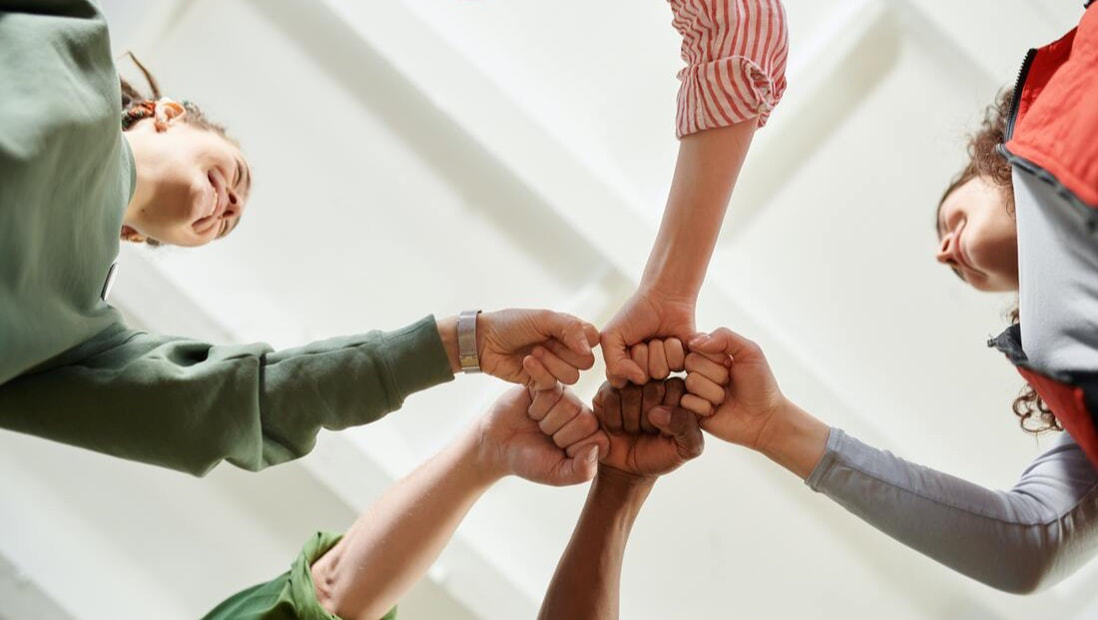
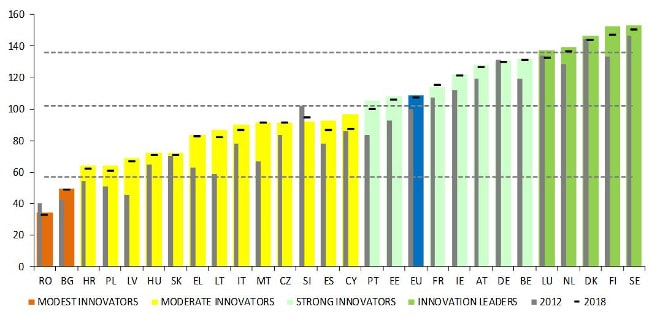
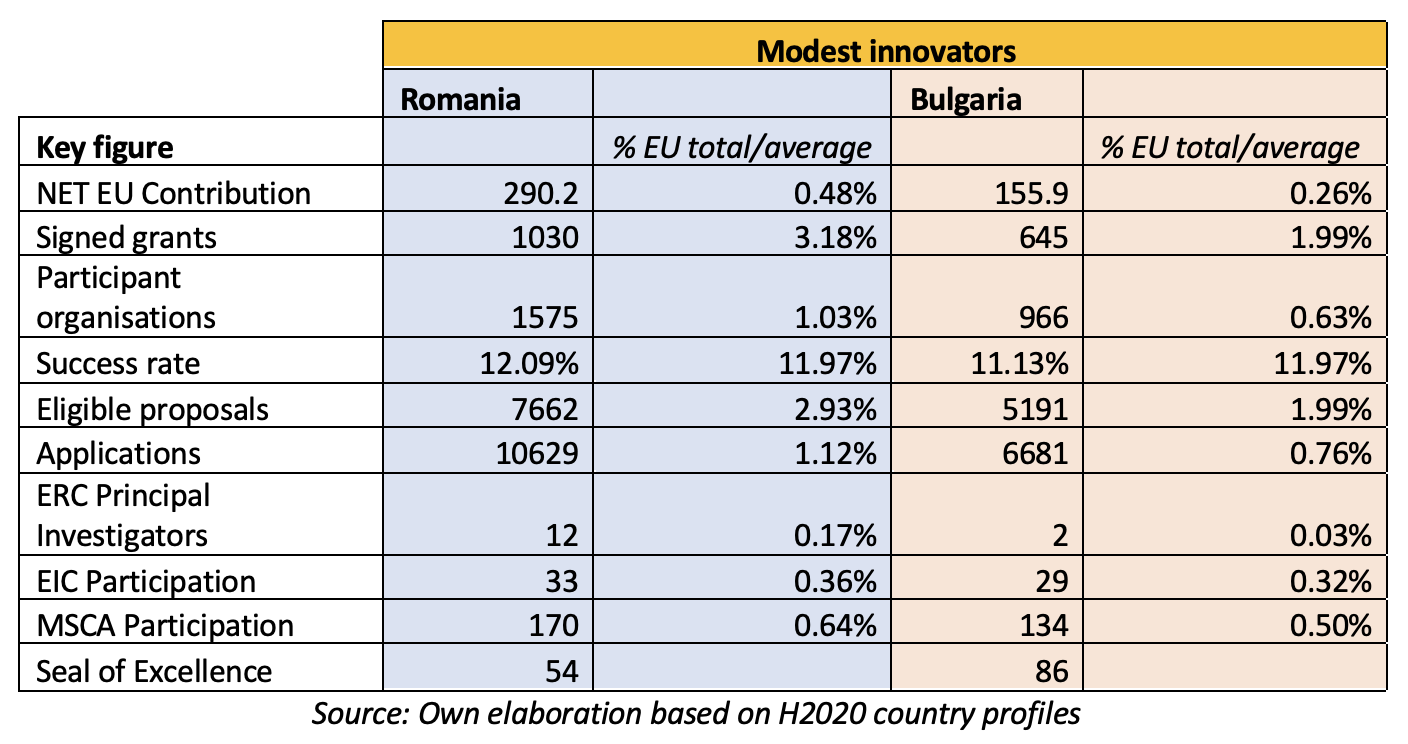
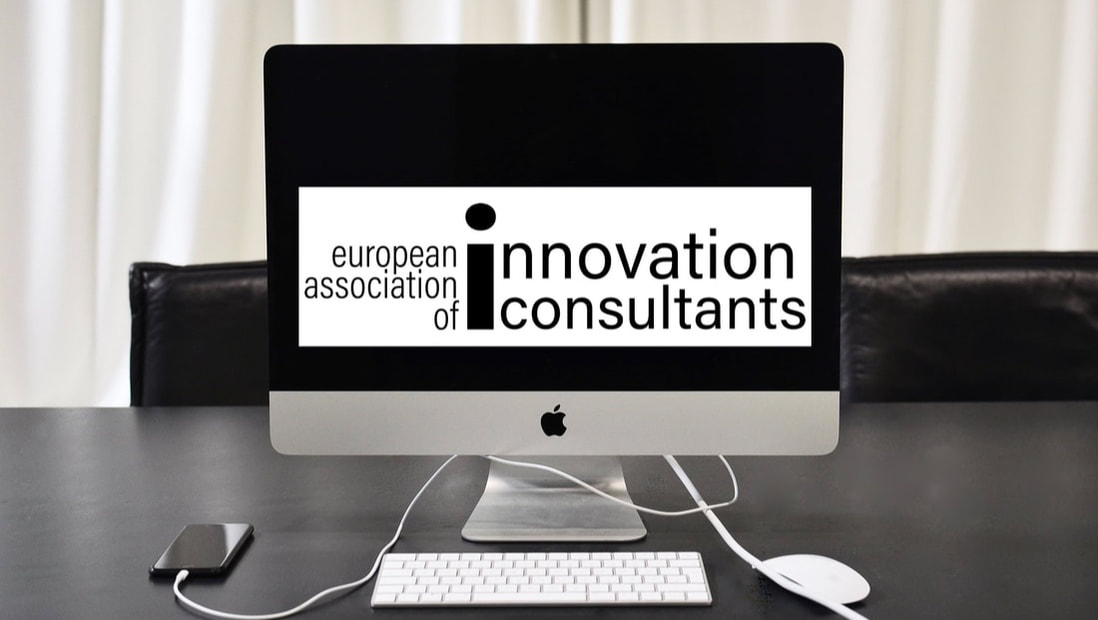
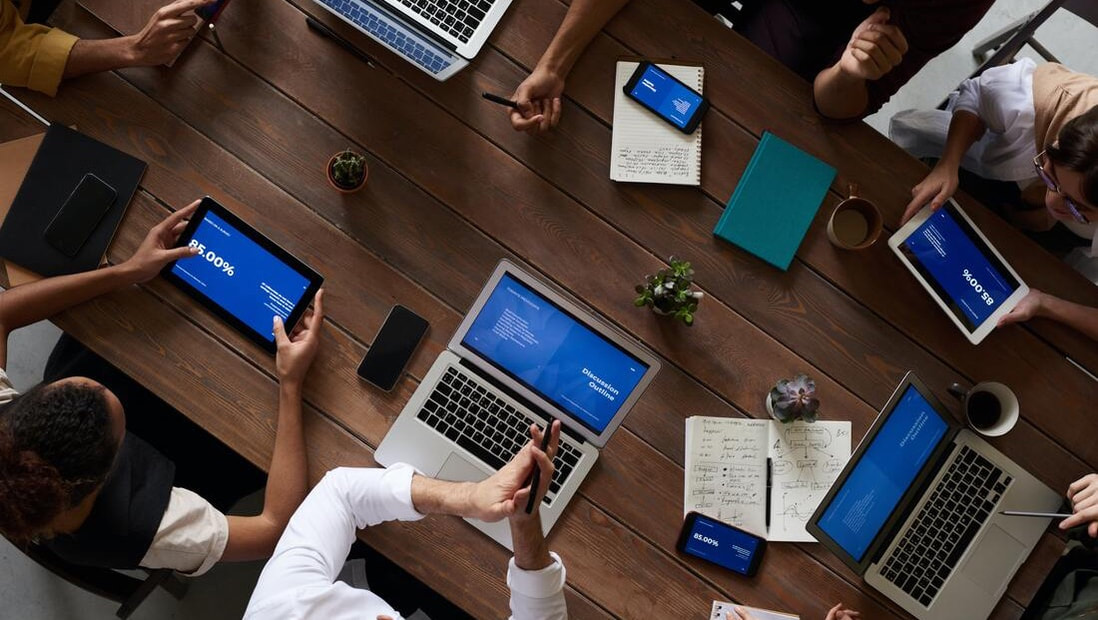
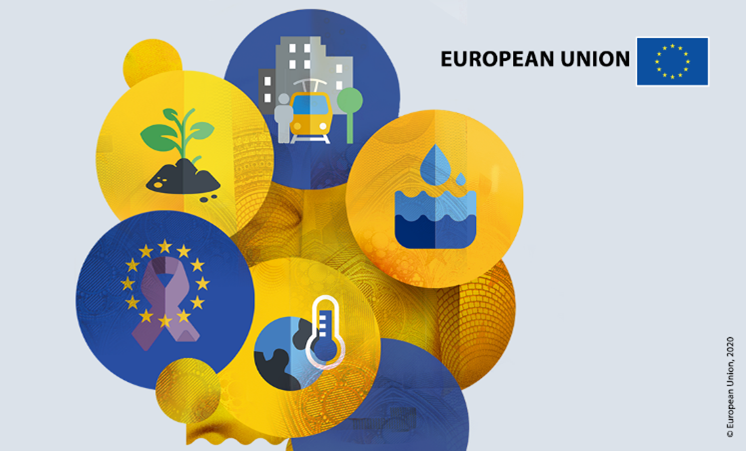
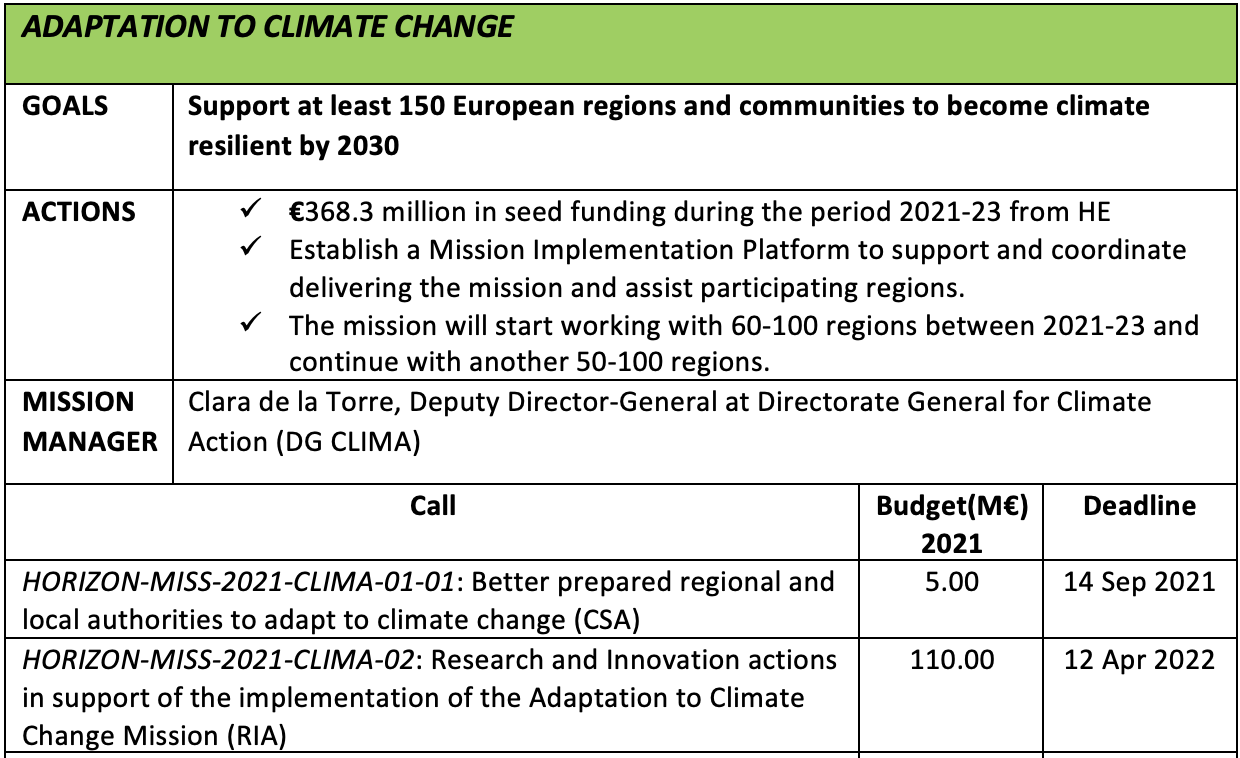
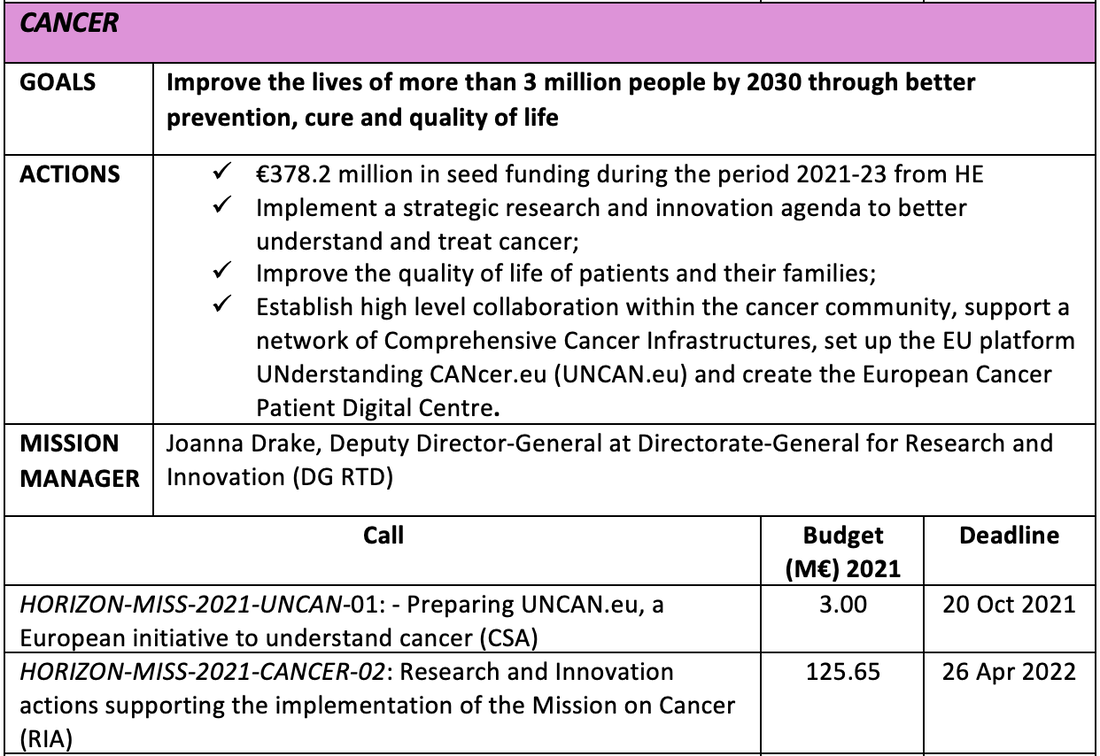
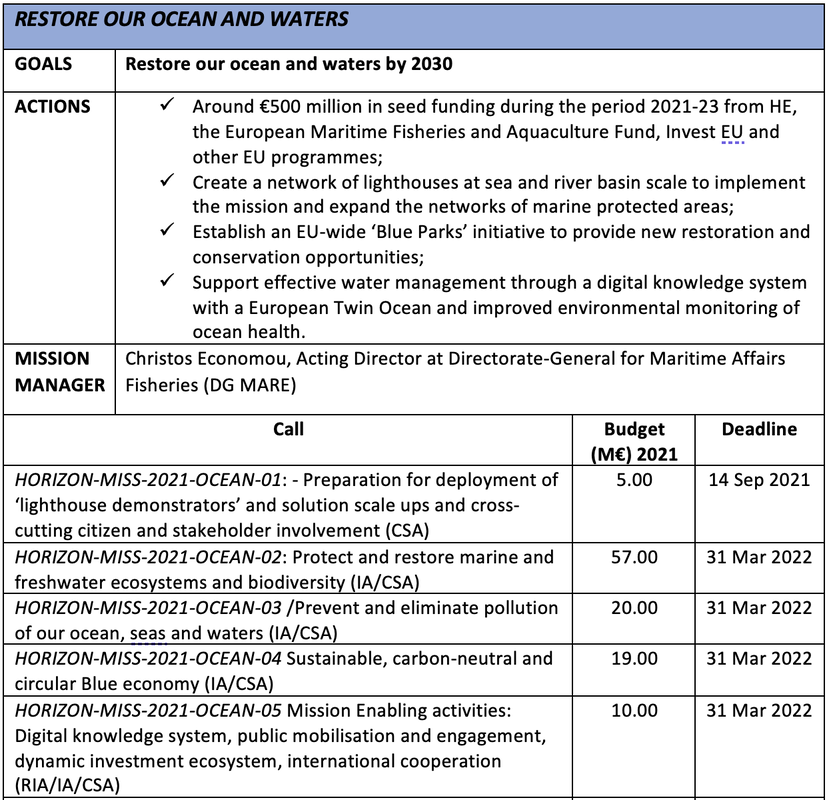
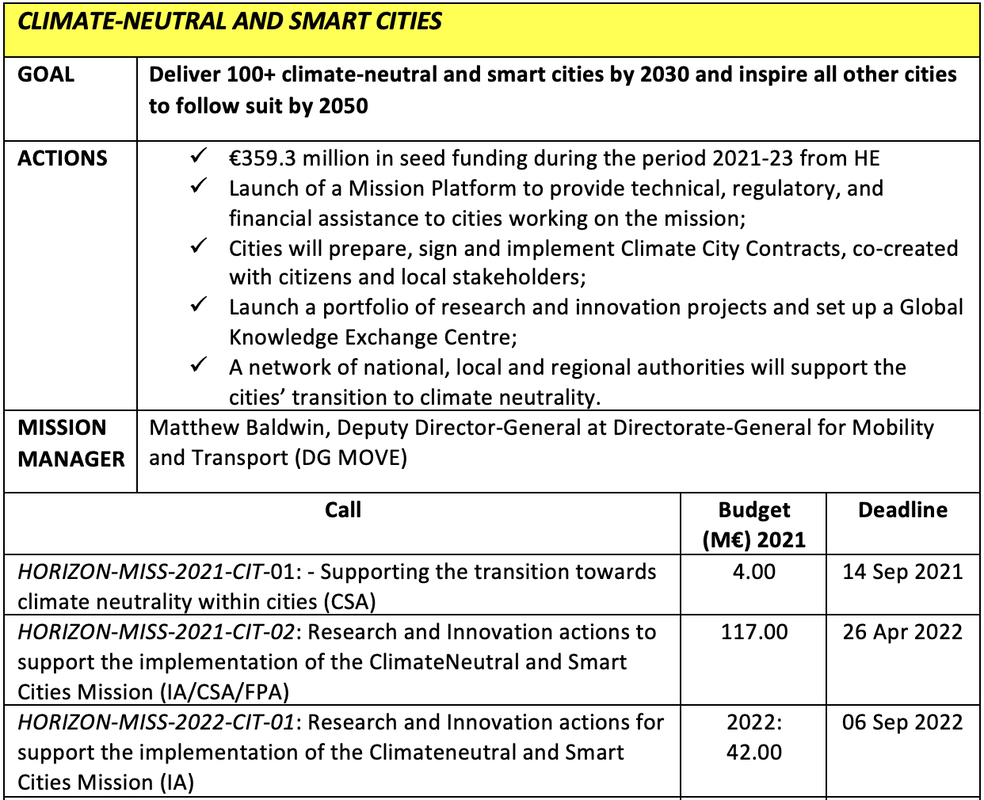
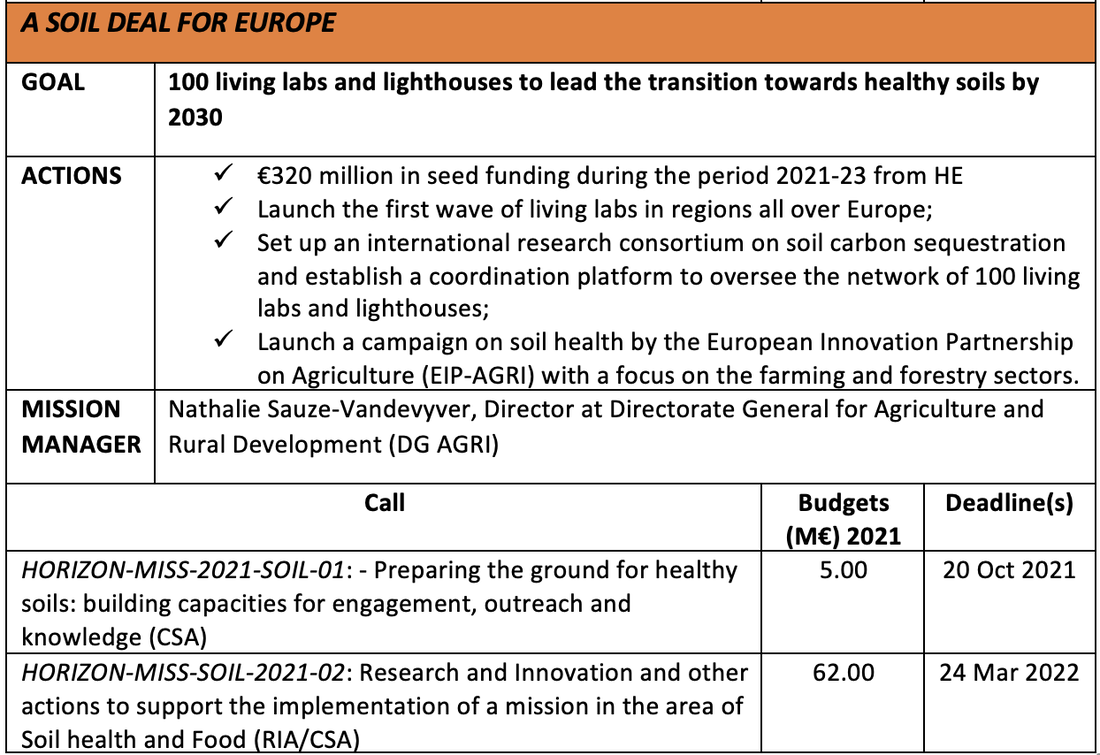

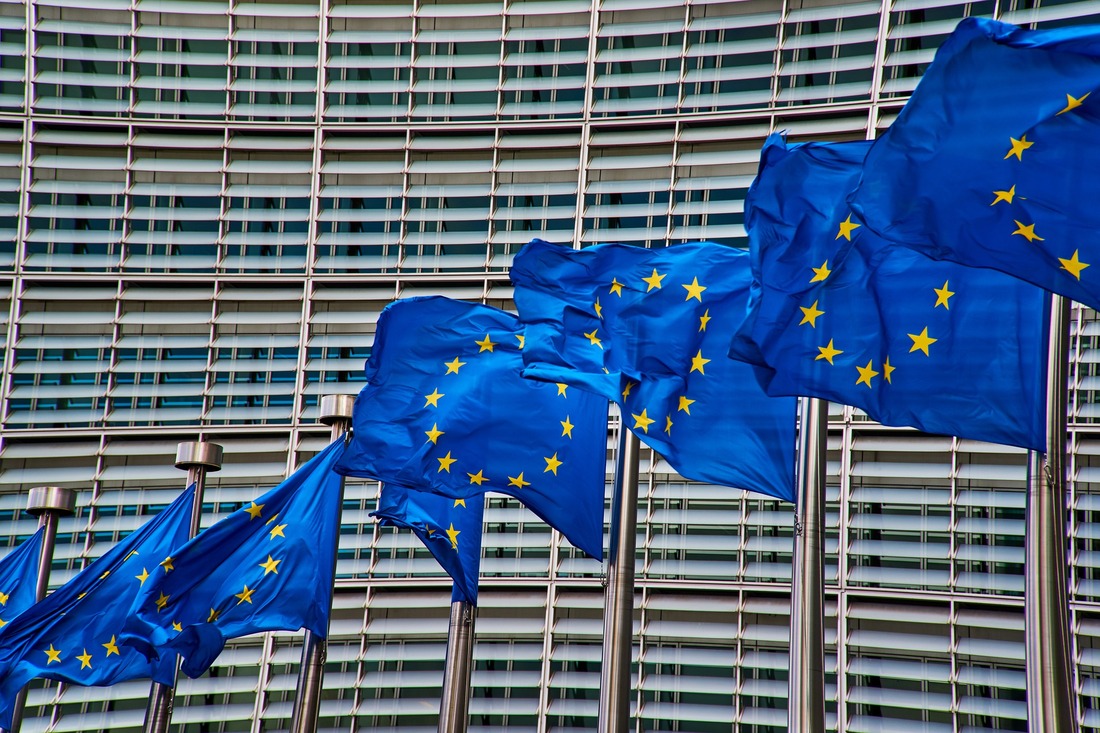

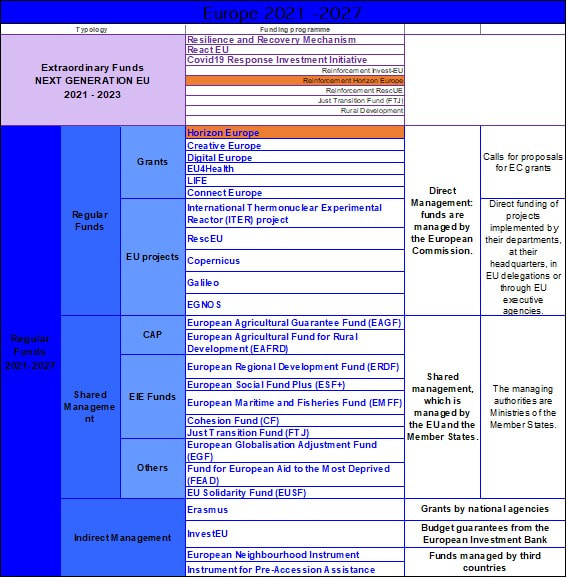
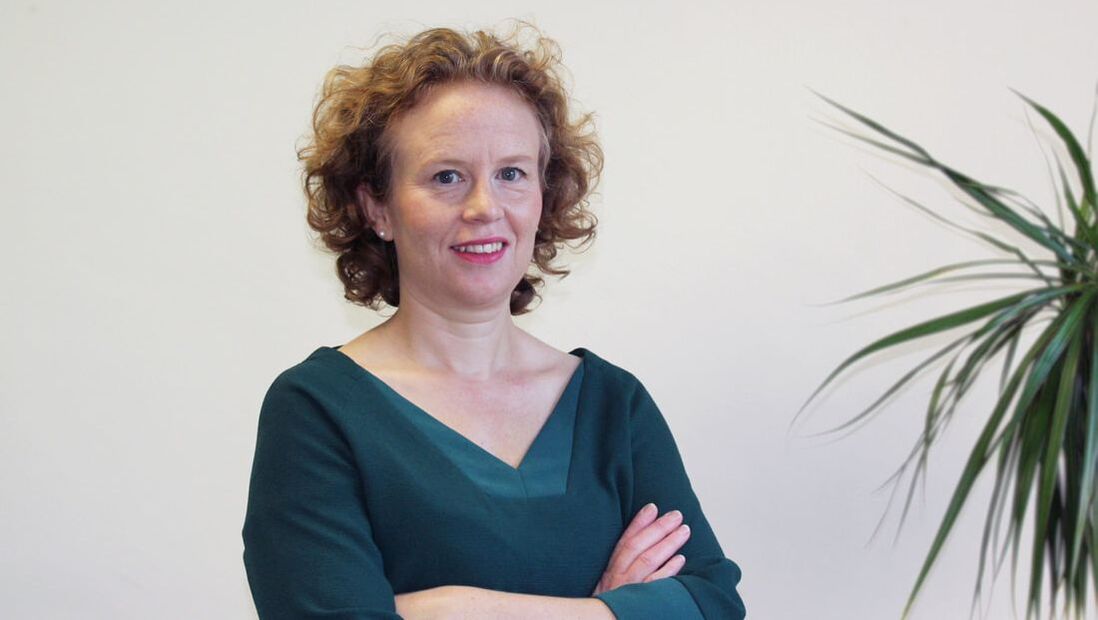


 RSS Feed
RSS Feed
